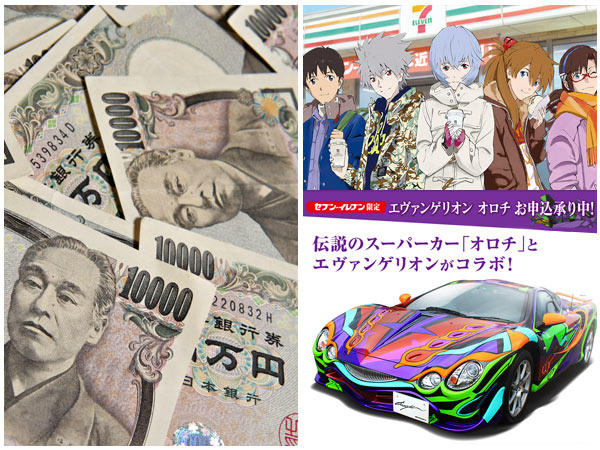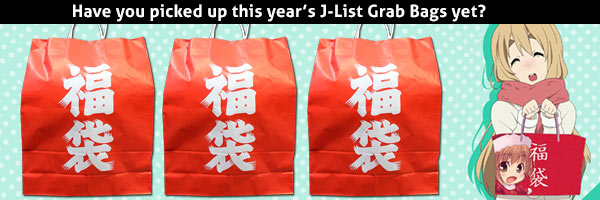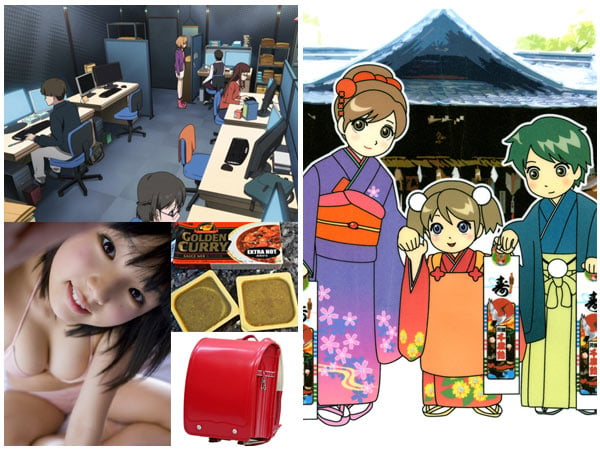
A couple days ago the news hit that Japan’s economy had declined for the second straight quarter, officially slipping into its fifth recession in the last 15 years, after a hike in the consumption tax caused consumers to cut their spending. It came as a big blow to Prime Minister Shinzo Abe’s “Abenomics,” which aims to force inflation and wage growth through spending on economic projects and enacting various reforms. Recessions in Japan are a bit different from what you might be used to at home. While they’re certainly hard on people, the reality is that most households won’t be affected that much thanks to the Japanese habit of saving money. (The average household has US$170,000 in savings, nearly always earning 0% in banks.) Whereas unemployment is a big problem during economic downturns in other countries, Japan’s unemployment rate is currently just 3.6%…but that’s not really a good thing, as it’s an indication of the huge labor shortage the country will face as it ages. I’m often asked if Japan’s local economic problems affect J-List, and the surprising answer is that they often do in positive ways. Japanese companies are extremely conservative and rarely embrace change willingly, and we’ve noticed that some companies – say, the visual novel publishers we work with – are more open to taking risks and embracing markets outside Japan when they have no choice.
Without a doubt, one of the most wonderful things about Japan is its conbini (convenience stores), which are filled with everything you need, from prepared bento lunches and onigiri rice balls to strawberry and whipped cream sandwiches. You can pay your electric bill, buy concert tickets, or eat an “American dog” (what a corn dog is called here). Convenience stores got their start in Japan in 1974 when a supermarket chain executive named Hideo Shimizu took a bus trip across the U.S. to observe business in different regions, and fell in love with the convenience of 7-Eleven stores. His company bought a license to run 7-Eleven stores in Japan, a business venture that worked out so well that the Japanese company grew to 15,000 stores in Japan alone, eventually buying the parent company in the U.S. A decade or so ago anime studios realized that teaming up with convenience stores was an effective way to cross-market its properties, and now it’s common to see them cooperating on projects. The other day I went into my local 7-Eleven and was pleased to see they were having an “Eva Fair” with lots of Evangelion themed products, to promote the end of the manga. You can even enter to win an Eva-themed sports car.
Every year the hardworking staff of J-List prepares traditional Japanese 福袋 fuku-bukuro, colorful red grab bags filled with great products for you to discover, from random Japanese figures and plush toys to gashapon capsule toys to bento boxes and related products to some very ecchi items. This year we’ve got a great lineup, with several awesome sets of grab bags to choose from. All items will be shipped in a separate sturdy box, with items securely packed, and a traditional red fukubukuro will be included, folded up, in case you’re giving these items as gifts. Order yours now!
















